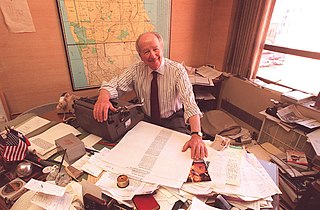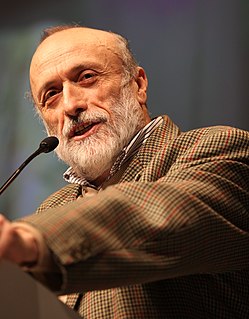A Quote by Ralph Waldo Emerson
The clergyman who lives in the city may have piety, but he must have taste.
Related Quotes
The city as a center where, any day in any year, there may be a fresh encounter with a new talent, a keen mind or a gifted specialist-this is essential to the life of a country. To play this role in our lives a city must have a soul-a university, a great art or music school, a cathedral or a great mosque or temple, a great laboratory or scientific center, as well as the libraries and museums and galleries that bring past and present together. A city must be a place where groups of women and men are seeking and developing the highest things they know.
A good taste in art feels the presence or the absence of merit; a just taste discriminates the degree--the poco piu and the poco meno. A good taste rejects faults; a just taste selects excellences. A good taste is often unconscious; a just taste is always conscious. A good taste may be lowered or spoilt; a just taste can only go on refining more and more.
Taste, when once obtained, may be said to be no acquiring faculty, and must remain stationary; but knowledge is of perpetual growth and has infinite demands. Taste, like an artificial canal, winds through a beautiful country, but its borders are confined and its term is limited. Knowledge navigates the ocean, and is perpetually on voyages of discovery.










































